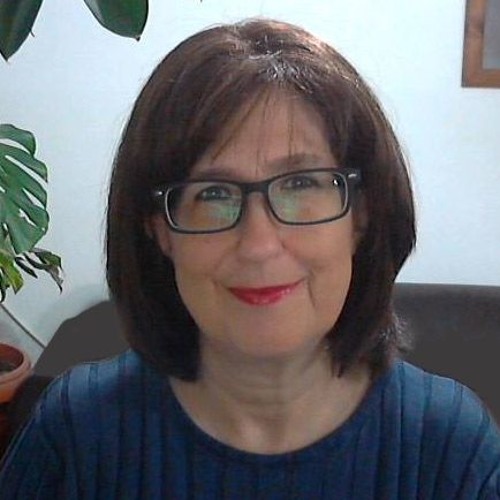

The impressive team is sealed by cinematographer Anna Franquesa Solano, whose delicate, crisp canvas pops with color from neon billboards, often evoking Japan-set Lost in Translation. Wang's use of slow motion allows us to feel Billi's affecting experience in China, the world moving differently around her. The camera holds on Nainai as she waits for another scan, the stillness enveloped by Alex Weston's beautifully meditative choral and violin soundtrack. These compelling discussions then pool in moments of melancholy. Is America a better country to live in? Are people too individualistic in the West? Should the expats living in America, including Billi's parents, still consider themselves Chinese? These light moments ebb into deeper discussions between family members and even a hotel manager about the differences between Chinese people and Americans. Wang picks out all the eccentricities of Billi's family, including a fantastically funny and heartwarming scene where Nainai encourages a hesitant Billi to yell out in the street to release pent up energy. Family dinners are textured with loud chatter, mounds of food, chopsticks flitting into frame from left and right. It all sounds like heavy subject matter, but the color, music and laughter of Billi's family are irrepressible. This is against her parents' wishes: they believe she's too emotional and will let slip the truth to Nainai. Families prefer not to let their elderly worry, in case it's not the cancer that kills them, it's the fear.ĭespite being late with rent and receiving a rejection letter for a Guggenheim writing fellowship, Billi heads off to China to see Nainai for what might be the last time. Billi too is skeptical, and presses her parents to tell her why.


If you're raising your eyebrows at this, you're not alone. Nainai's little sister, who receives the doctor's prognosis on behalf of her elderly sibling, pretends a scan reveals only "benign shadows" and tells Nainai she's perfectly healthy. Then comes the lie: Billi's family in China decides to keep Nainai's cancer diagnosis hidden from her. Having formed a strong bond with her grandmother, who she calls Nainai (Mandarin for grandmother), she still has one foot planted in a country thousands of miles away.
#The fairwell storyo n the radio movie
At the heart of this movie is the unique experience of a young Chinese-American straddling two very different cultures.īilli Wang, played by Awkwafina who's best known for her comedic supporting roles in Crazy Rich Asians and Ocean's 8, is a Chinese-born American who moved to New York at a very young age from Changchun, a city in the northeast of China. The Farewell, Wang's second film after 2014's art world satire Posthumous, opens with a statement that sets up her tongue-in-cheek sense of humor: "Based on an actual lie." Her comedic eye shines through as she deftly captures the quirks of a Chinese family in a magical, semi-autobiographical portrait. Now, like many of the radio program's fascinating stories, Wang's has been adapted for the screen, directed and written by Wang herself. On the acclaimed radio show This American Life, Wang detailed how her family went to great and often bizarre lengths (like altering medical reports) to keep her grandmother in the dark about her cancer diagnosis. Lulu Wang's personal story about her grandmother is so good she's told it already.


 0 kommentar(er)
0 kommentar(er)
